Daniel Navajas: 30 years dedicated to mechanobiology
Last May 5, on the occasion of Professor Daniel Navajas’ retirement, the IBEC held the symposium Before Mechanobiology had a name. The event paid tribute to the IBEC researcher’s exciting … Read more

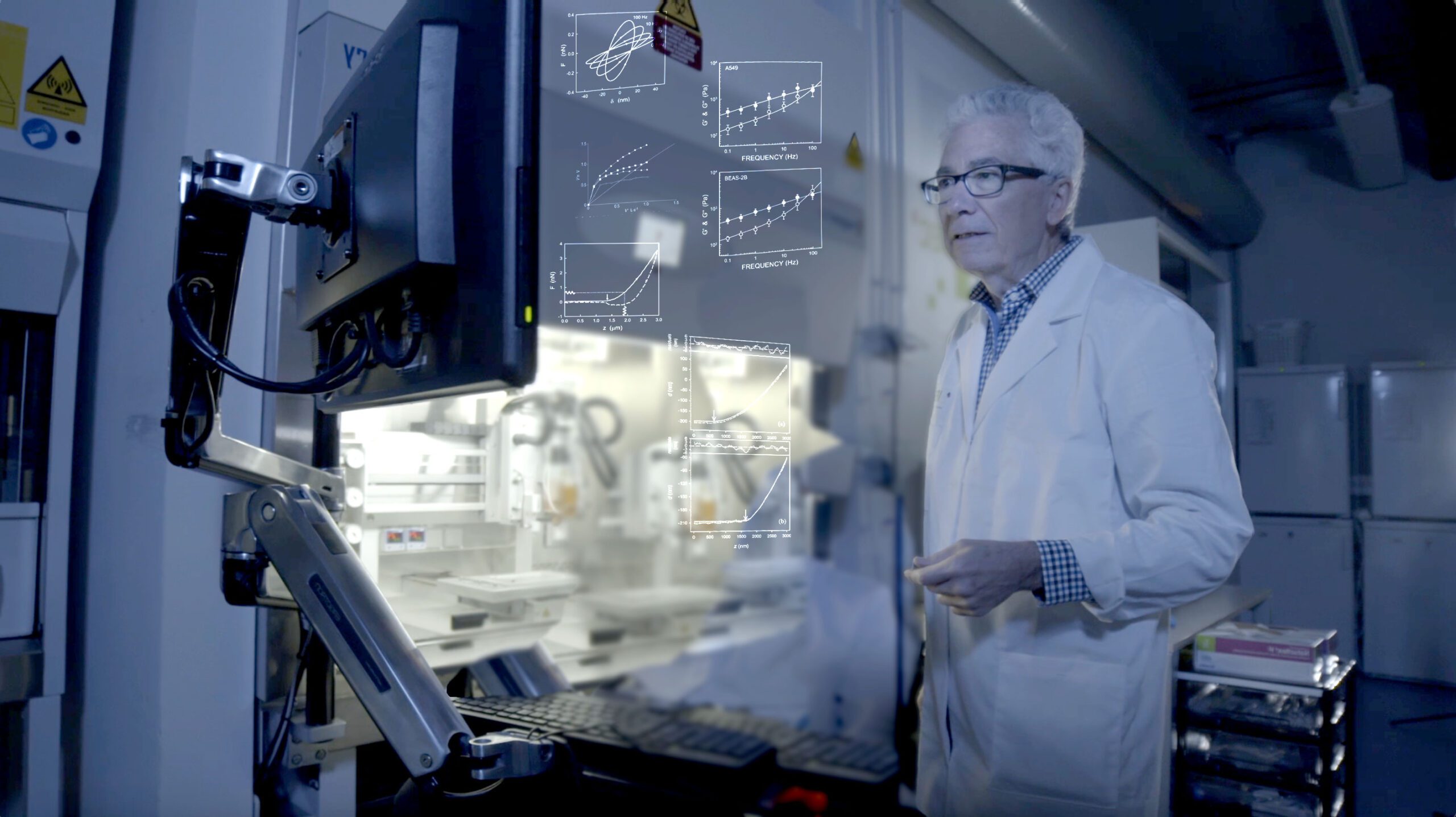
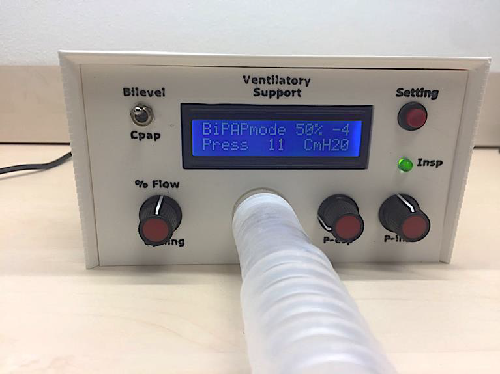
 A project led by the University of Barcelona to which IBEC Group Leader Daniel Navajas has contributed has created a non-invasive low-cost ventilator to support patients with respiratory diseases in areas with limited means.
A project led by the University of Barcelona to which IBEC Group Leader Daniel Navajas has contributed has created a non-invasive low-cost ventilator to support patients with respiratory diseases in areas with limited means.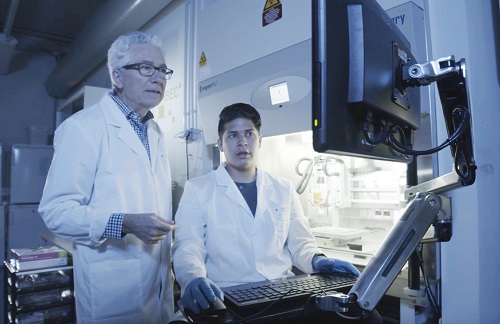
 The journal “EBioMedicine” of “The Lancet” has just published the procedure that allowed the creation, last year, of the “PeriCord”, the first human cardiac bioimplant, in which development the Institute for Bioengineering of Catalonia (IBEC) played a key role.
The journal “EBioMedicine” of “The Lancet” has just published the procedure that allowed the creation, last year, of the “PeriCord”, the first human cardiac bioimplant, in which development the Institute for Bioengineering of Catalonia (IBEC) played a key role. 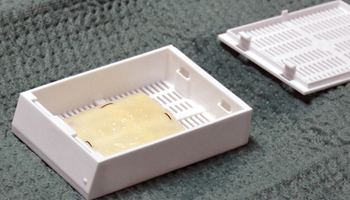
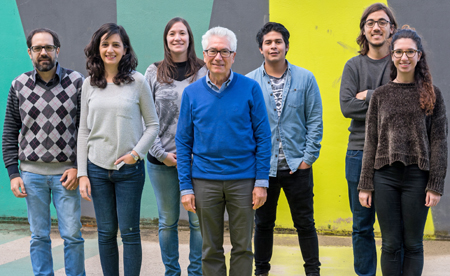
 A study published in the American Journal of Respiratory and Critical Care Medicine has revealed that sleep apnea could promote the growth of lung cancer in younger individuals.
A study published in the American Journal of Respiratory and Critical Care Medicine has revealed that sleep apnea could promote the growth of lung cancer in younger individuals.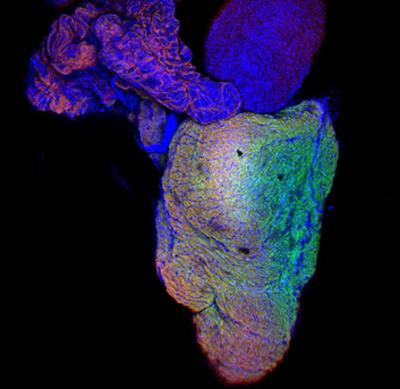
 A study carried out at CMR[B] in collaboration with IBEC and the UB has established that the ability of the heart to regenerate after a wound is related to the stiffness of its cellular environment and not only to the proliferative capacity of the cardiac cells, narrowing the window of regeneration to 48 hours after birth.
A study carried out at CMR[B] in collaboration with IBEC and the UB has established that the ability of the heart to regenerate after a wound is related to the stiffness of its cellular environment and not only to the proliferative capacity of the cardiac cells, narrowing the window of regeneration to 48 hours after birth.